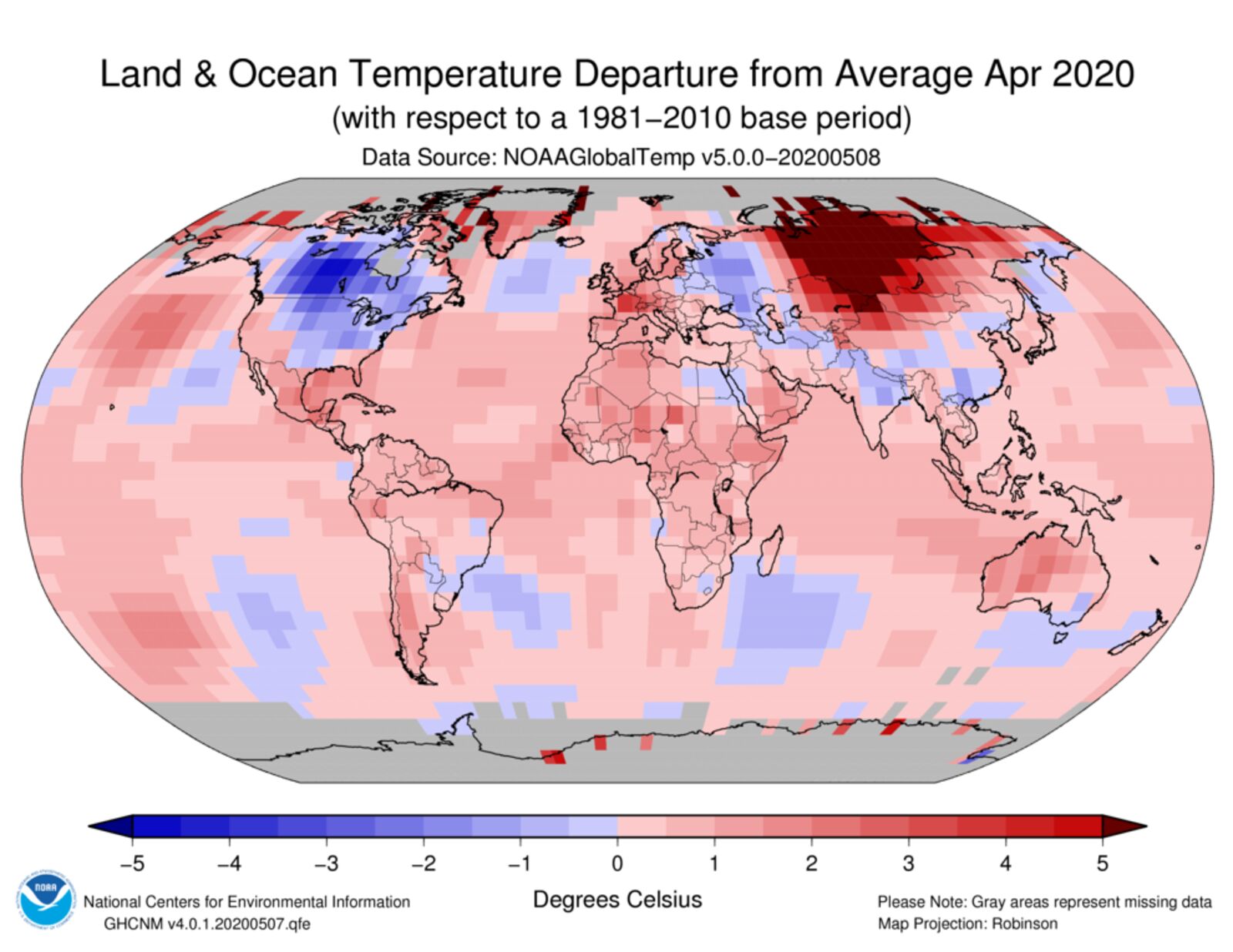After the hottest winter on record in Russia, spring has brought with it a heatwave to Siberia. The region has witnessed unusually warm weather this month, with temperatures in some parts of the Arctic as much as 16 degrees Celsius (29 degrees Fahrenheit) higher than the monthly norm, according to Russia’s federal meteorological service.
Though sparsely populated, the vast region’s state can have global impact. “Siberia has a lot of stored carbon,” said Cristina Santin Nuno, associate professor at Swansea University. “What happens to it will affect the planet in a substantial way.”
Across Europe forecasters are braced for sweltering temperatures and little rainfall this summer, compounding what was a mild winter and threatening droughts, according to scientists at the Copernicus Climate Change Service.

Wildfires and hotter temperatures kickstart sea-ice melt sooner. The receding ice in the Arctic has opened up the Northern Sea Route to tanker traffic a month earlier than usual this year. The pathway is the shortest and cheapest way for cargoes of liquefied natural gas produced in the Russian Arctic to reach Asia.
